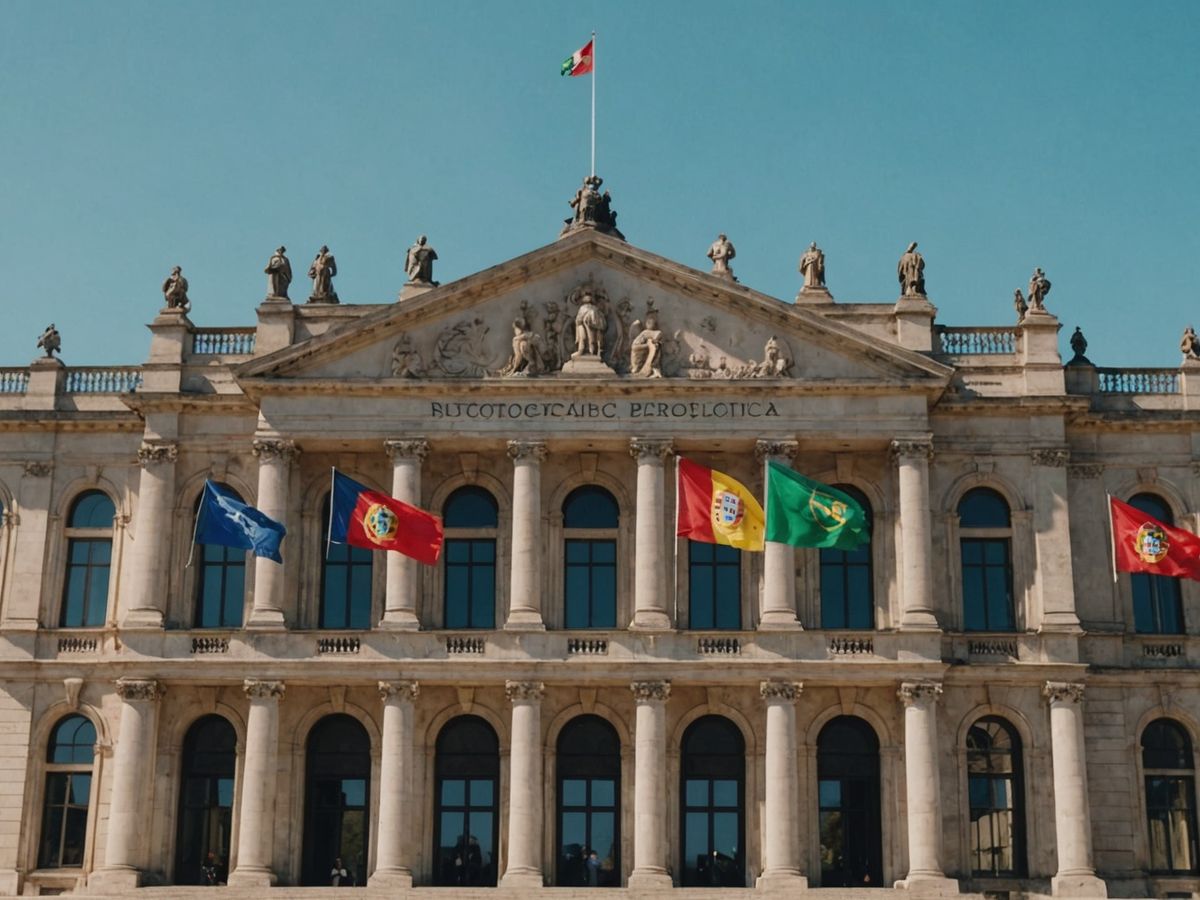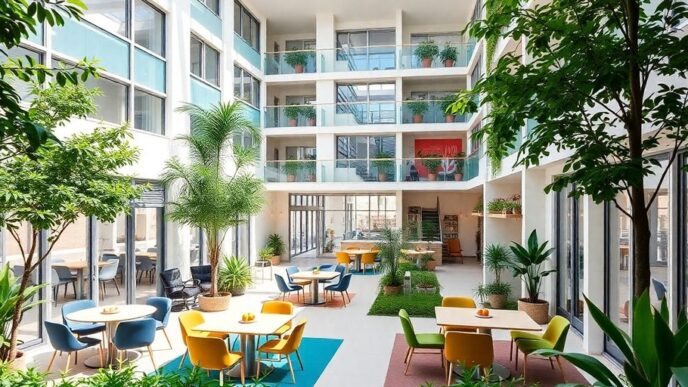Portugal’s new center-right minority government, led by Prime Minister Luis Montenegro, has taken office amid significant uncertainty. With only 80 seats in the 230-seat parliament, the government will need opposition support to pass legislation, highlighting the challenges of governing in a highly fragmented political landscape.
Key Takeaways
- Minority Government: The Democratic Alliance (AD) coalition, led by Prime Minister Luis Montenegro, has only 80 seats in the 230-seat parliament.
- Opposition Support Needed: To pass legislation, the AD will need support from either the far-right Chega party or the center-left Socialist Party (PS).
- Fragmented Parliament: The March 10 election resulted in a hung parliament, with no party securing a majority.
- Economic and Social Promises: The government has pledged tax reductions, higher pensions, and improvements in public healthcare and housing.
- First Major Test: The 2025 budget will be a critical test for the new government, as failure to approve it could lead to early elections.
Election Results and Government Formation
The Democratic Alliance (AD) coalition narrowly won the March 10 election, defeating the outgoing Socialist Party (PS). Prime Minister Luis Montenegro, a 51-year-old lawyer, was asked to form a government after the election resulted in a hung parliament. The AD coalition, anchored by Montenegro’s center-right Social Democratic Party (PSD), includes two smaller conservative parties and secured 28.8% of the vote, translating to 80 seats in the 230-seat parliament. The PS won 28% of the vote and 78 seats, while the far-right Chega party increased its representation to 50 seats from 12 in the previous assembly.
Challenges Ahead
Montenegro’s government faces significant challenges due to its minority status. With only 80 seats, the AD will need the support of either the far-right Chega party or the center-left PS to pass legislation. Chega, an anti-immigration party, has demanded a government role or a long-term agreement to support the AD, but Montenegro has refused to negotiate with them. The PS has also shown limited willingness to cooperate, as evidenced by their one-off support for Montenegro’s candidate for parliamentary speaker.
Government Promises and Priorities
The new government has outlined several key priorities, including:
- Tax Reductions: Promising tax cuts for families and companies.
- Higher Pensions: Committing to increase pensions for retirees.
- Public Healthcare: Addressing long waiting lists for treatment and other shortcomings in the healthcare system.
- Housing Crisis: Tackling the ongoing housing crisis in Portugal.
- Labor Disputes: Resolving disputes with police and teachers over pay and work conditions.
Economic Context
Portugal is set to receive more than 22 billion euros ($23.6 billion) from the European Union through 2026 to fuel growth and enable economic reforms. The new government inherits a budget surplus of 1.2% of GDP, only the second such surplus since Portugal returned to democratic rule in 1974. Despite this favorable economic backdrop, the government will face its first major test with the 2025 budget. Failure to approve the budget could result in early elections, a common occurrence in Portugal’s political history.
Conclusion
Prime Minister Luis Montenegro’s minority government faces a challenging road ahead, with a fragmented parliament and the need for opposition support to pass crucial legislation. The government’s ability to navigate these challenges will be critical to its long-term viability and success in implementing its agenda.













